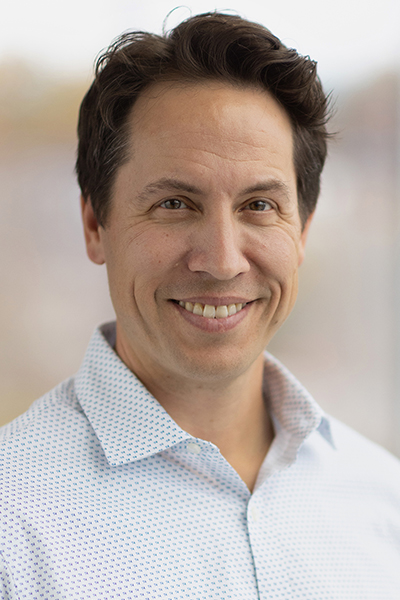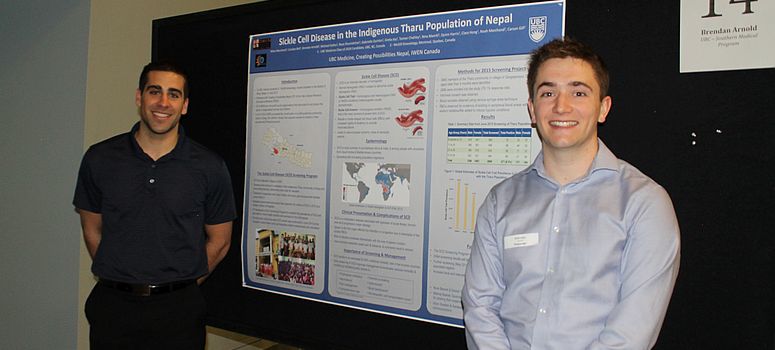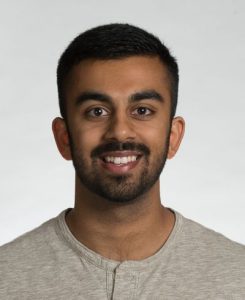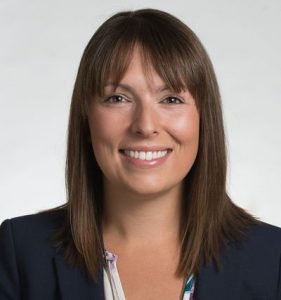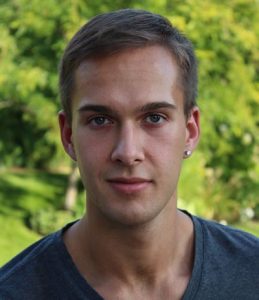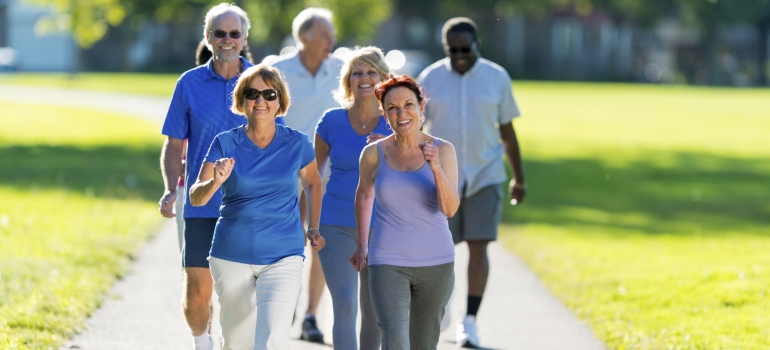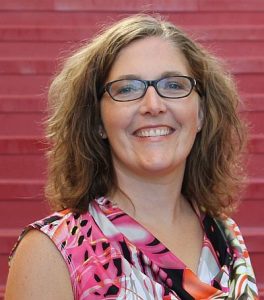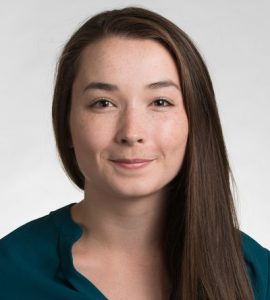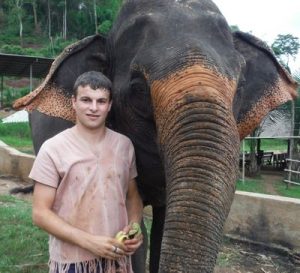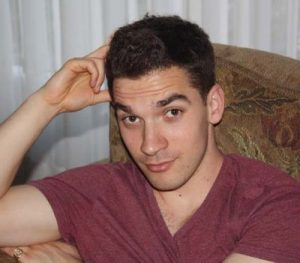Thanks to everyone who was able to attend the 2016 UBC Okanagan Interdisciplinary Health Conference on March 15, 2016 at the Clinical Academic Campus. Check out the photos from the event on the Southern Medical Program’s Facebook page. Here’s the list of the research presentation winners by category:
| Category | Tops & Honourable Mentions (HM) | Research Title |
| Community & Global Health | Top: Brendan Arnold & Carson Gill | Sickle Cell Disease in the Indigenous Tharu People of Nepal |
| HM: Nicole Davies | Environmental Scan Identifying Recreational Programs for Families with Children with ASD | |
| Quality Improvement | Top: Stephanie Schindler | Personal Response to Determinants in Cancer Therapy (PREDICT) as a Multi-Disciplinary Research Initiative to Increase Patient Involvement in Research and Expand Cancer Research Studies |
| HM: Breanne Cadham | Using Telemedicine to Improve Health Equity for Distant Lung Cancer Patients | |
| Health Promotion | Top: Marc Jutras, Lisa Wang, & Justin Lambert | Optimizing a Community-Based Intervention to Address the Health Impacts of Hearing Loss on Older Adults |
| HM: Chandler Proch | Do you know what your child is eating? The disconnect between parent’s confidence to control their child’s intake & their child’s actual calcium consumption | |
| Basic Science/Clinical Research | Top: Lindsay Spielman | Incretin hormones as potential treatment options for neurodegenerative disorder characterized by inflammation and microglial death |
| HM: Caitlin Pointer | Investigating cardiolipin as a novel intercellular signalling molecule in neuron-microglia communication | |
| Health Education & Knowledge Translation | Top: Karan D’Souza | Health Professional Educators’ Attitudes Towards Use of Social Media as a Teaching Tool |
| HM: Lisa Wang & Jiyoung Hwang | Beyond the numbers: benefits of qualitative research in community-centred care |
